Recently I had a discussion with a client who was adamant that what they needed to deliver their digital transformation was a "good, strong project manager”.
I had some sympathy for this position. I’ve worked with some extraordinarily good people who can manage projects exceptionally, but I’ve also had mixed success with people who identify exclusively as project managers.

I’m not the only one. The statistics on IT project success continue to be woeful: despite steady improvement over the years, analysis consistently shows that technology projects are the hardest to get right, with overruns of nearly 30% being commonplace, and outright failures stubbornly sitting at around the 15% of all projects mark. The cost of this is likely to be billions on a global scale.
It’s been this way for at least three decades, despite a huge number of new software tools becoming available to improve things. And it seems to be a unique feature of IT projects. Other sectors seem to do fine by comparison, regardless of comparable technical challenges.
So, is it time for us to stop doing the same thing over and over and expecting a different result?
Introducing: Agile
This is fundamentally what the Agile trend is all about: replacing project management with product management, complex project plans with iteration and sprints, whales with dolphins.
The fundamental problem, as Fred Brooks pointed out nearly 50 years ago, is that technology - software in particular - is different. I like to recite to my clients an engineering truism: there is no such thing as a technology problem, there are only time and money problems. Given enough time and resources just about anything is possible.
In almost every discovery discussion I’ve had with clients, the end-user always wants their system to be simple and easy to use. The funder of the project also wants that, but mostly wants it to be delivered at the lowest possible price. Those two goals are not really compatible. Systems that are easy to use are hard to build. That is why we favour a product management approach: take the user requirements, build something that we think will meet that requirement and get it in front of the user as fast as possible.
Within this process all sorts of things emerge, e.g. what the user says they do is not what they actually do; what they actually do is driven by an arbitrary process that has grown around their existing systems; what they do is not what their manager wants them to be doing, etc.

What about traditional project management?
None of this is compatible with traditional project management techniques which are predicated on a clear understanding of an end state, a fixed budget (cost), and a delivery deadline.
This is known as the “Iron Triangle” of scope, cost and time; “iron” because the three factors are closely interlinked (change one and it affects the other two), and it is inherently inflexible.
Unfortunately, in the Internet age, many of us have come to believe that there are simple answers to all of this, and we just need to select the right product (preferably one that is free) and all will be well. It rarely works out like that in the “real world”, and that’s not the sort of problem good project managers are trained to deal with.
And so, it comes down to the root of the problem. What do you actually want to achieve in broad non-digital terms; what is your strategy?
Instead of racing to the implementation, spending more time thinking about what your destination is can make all the difference. After all, if you just want to go somewhere you’re already there.
So how can we help? If you’re worried about your digital organisation, we can help you take a step back, look at the big picture and get serious about strategy. Give us a call to talk it through – no cost or obligation.
Ray Delany is the Founder of CIO Studio, a company built to partner with SMEs and help them solve the “strategy” problem and align their digital investment with their business outcomes.
Get industry updates, tech news, and CIO Studio blogs free to your inbox!


